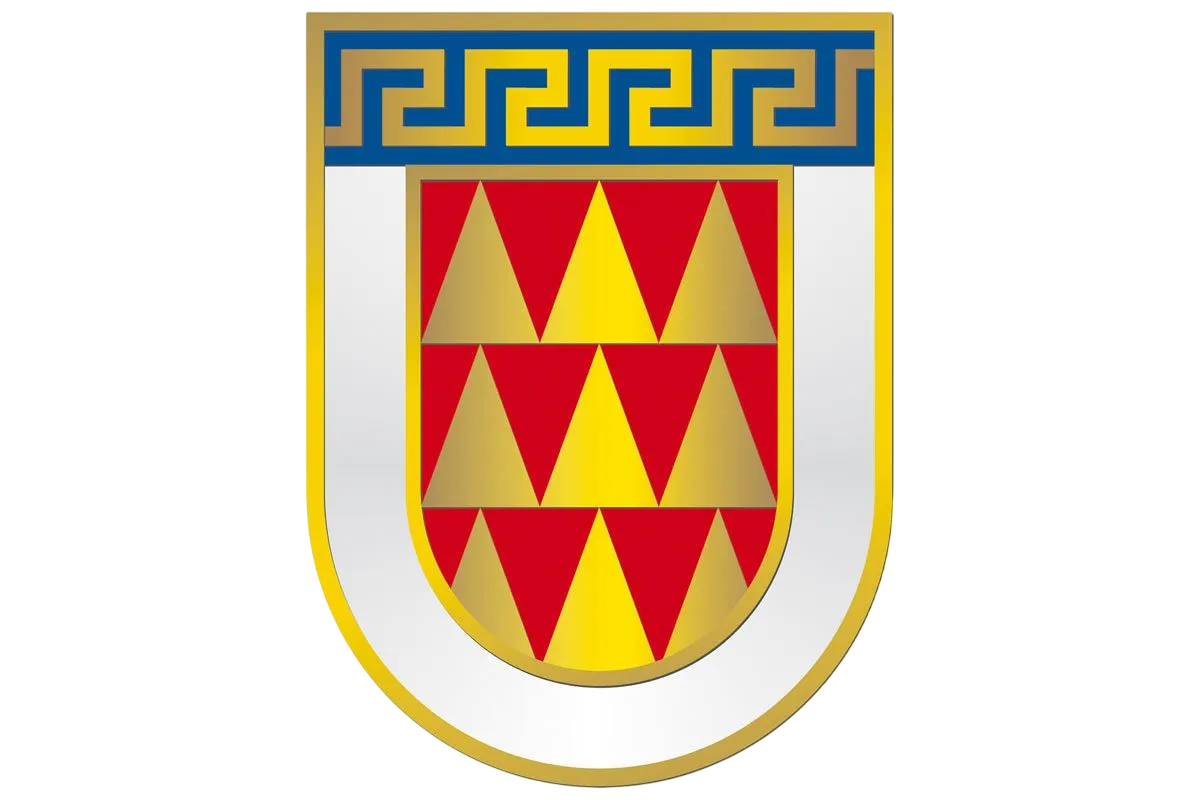
Bitola lies on the site of the ancient city of Heraclea Lyncestis, founded in the 4th century BC by Philip II of Macedon, father of Alexander the Great. Heraclea was an important military and administrative base in the fertile valley of the Dragor River, within the strategically vital Lyncestis region.
During the Roman period, Heraclea acquired the characteristics of a Roman city — stone-paved streets, baths, a theatre, and temples — becoming a center of life and culture. The remains of the ancient city can still be seen near Bitola today.
With the Ottoman conquest of the Balkans in the 14th century, Bitola entered a new era of growth. Under Ottoman rule, it became one of the most significant cities in Macedonia and the Balkans, serving as the administrative center of a vilayet and developing into a major commercial and military hub.
In the 19th century, Bitola earned the nickname “City of the Consuls”, as more than 20 European countries opened consulates here, making it a center of diplomatic, commercial, and cultural activity. Today, Bitola is Macedonia’s second-largest city — an important cultural center with a rich history and a vital part of the nation’s heritage.
The largest cultural event is the Bitola Cultural Summer, held annually with concerts, theatre performances, art exhibitions, film screenings, and other programs that attract visitors from across Macedonia and the region.
Bitola is among Macedonia’s most sports-oriented cities, especially famed for handball. RK Eurofarm Pelister competes in the Champions League and enjoys strong home support at the “Boro Čurlevski” arena.
In football, FK Pelister has a long First League tradition, with the “Tumbe Kafe” stadium as a city landmark. Beyond handball and football, basketball, volleyball, martial arts, and mountaineering are popular. The proximity of Pelister enables active tourism, winter sports, and outdoor recreation.
Yanaki and Milton Manaki were the first Balkan film pioneers and founders of cinematography in the region. They captured significant moments of life in Bitola and beyond, becoming icons of Macedonian film art. In their honor, the Manaki Brothers Film Festival is held annually in Bitola.
Mustafa Kemal Atatürk, founder of modern Turkey, spent part of his education in Bitola, graduating from the Military School here — a notable influence on his development as a military leader and statesman.
Bitola is where rich history, culture, and natural beauty come together. From ancient Heraclea to today’s modern city, Bitola stands as a living example of heritage and progress.